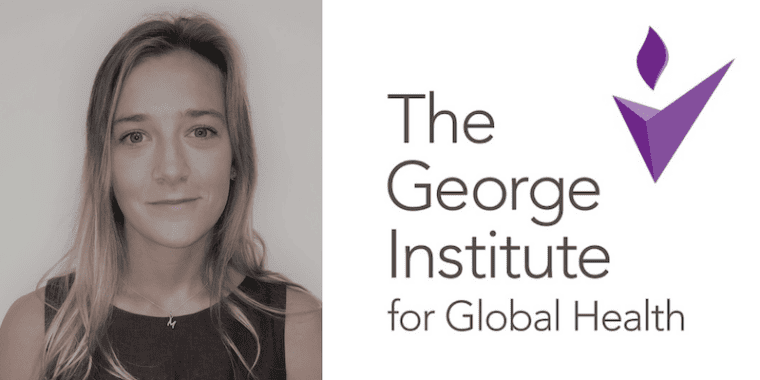
Health advisory information or health warnings are used to expose the health risks associated with harmful products. They are used in a variety of settings and on an exceptionally large range of products including pharmaceuticals, chemicals, tobacco and household appliances. But not alcohol.
Alcohol is a causal factor in more than 200 disease and injury conditions and directly caused 8,974 deaths in the UK in 2020. Yet, there is a public misperception about the safety of alcohol consumption. Like tobacco, alcohol is a class 1 carcinogen. Risk of breast, mouth, throat and other cancers increase with any regular amount of alcohol and continues to increase with every drink. This includes ‘moderate’ drinking. Alcohol is also known to cause defects to foetuses if consumed by pregnant mothers.
Addressing misperceptions
To address the misperceptions surrounding alcohol and increase awareness of the associated health harms, the World Health Organization (WHO) recommends countries provide consumer information and health warnings on alcoholic products.
However, only one quarter of WHO Member Countries have introduced some form of health warning on alcohol containers, with most targeting underage drinking and drink driving. Only one country has a warning label for cancer and fewer than 30 have one for pregnancy.
Currently the UK has no health warnings for alcohol. This is a missed opportunity from the government and the current labelling system is failing to inform consumers about the harms from alcohol. The alcohol industry (the Portman Group) is currently being left to self-regulate.
But we know self-regulation of alcohol does not work. The story of Australia and New Zealand’s struggles for mandatory pregnancy warning labels shows us that and provides valuable lessons for the UK. I recently wrote a paper with my colleagues on Influencing and implementing mandatory alcohol pregnancy warning labels in Australia and New Zealand. It describes the failures of industry self-regulation and the tactics employed by the alcohol industry to delay and water down government regulation.
It also highlights some of the key successes of public health and other groups in their advocacy efforts to eventually achieve policy change decades on. And it provides lessons for others, like the UK, looking to mandate warning labels.

Food Standards Australia and New Zealand Pregnancy warning labels
A time for change
The UK’s Department of Health and Social Care is due to launch a consultation on alcohol labelling. This will focus on caloric labelling in line with the obesity strategy, but it is likely that the review will also consider the Chief Medical Officer’s (CMO) low risk guidelines and pregnancy warning labels. This is an important opportunity for change.
Major government reviews were key in the advocacy timeline for Australia and New Zealand. They provided the opportunity to highlight: the evidence and impact of warning labels, the evidence of industry interference, the evidence that consumers did not currently see or understand the alcohol industry’s attempt at labelling, and the evidence that the industry was misleading consumers.
It also provided an opportunity to build a broad-based coalition of not only public health groups but medical groups, legal groups, human rights organisations, disability organisations, parents groups and organisations representing Indigenous and First Nations peoples.
These diverse voices are important and demonstrate widespread public support. Change would not have occurred without them.
A personal approach
Also important to the campaign was sharing personal stories of parents, carers and people with Foetal Alcohol Spectrum Disorder (FASD) to Ministers, the media and the community. This helped build relationships with decision makers and build political support. These advocacy actions could be vital for creating change in the UK.
The stories of Drinkaware, DrinkWise and the Portman Group are very similar. And they have learnt what not to do from the tobacco industry. While Australia and New Zealand may have won the battle on pregnancy warning labels there is a long way to go to get cancer warnings and other health information across the line.
Globally we will struggle to fight against these international conglomerates who put profit above health, as we have a long way to go to overcome these commercial determinants of health.
Written by Maddie Heenan, Research Associate & PhD Candidate, The George Institute for Global Health
All IAS Blogposts are published with the permission of the author. The views expressed are solely the author’s own and do not necessarily represent the views of the Institute of Alcohol Studies.
